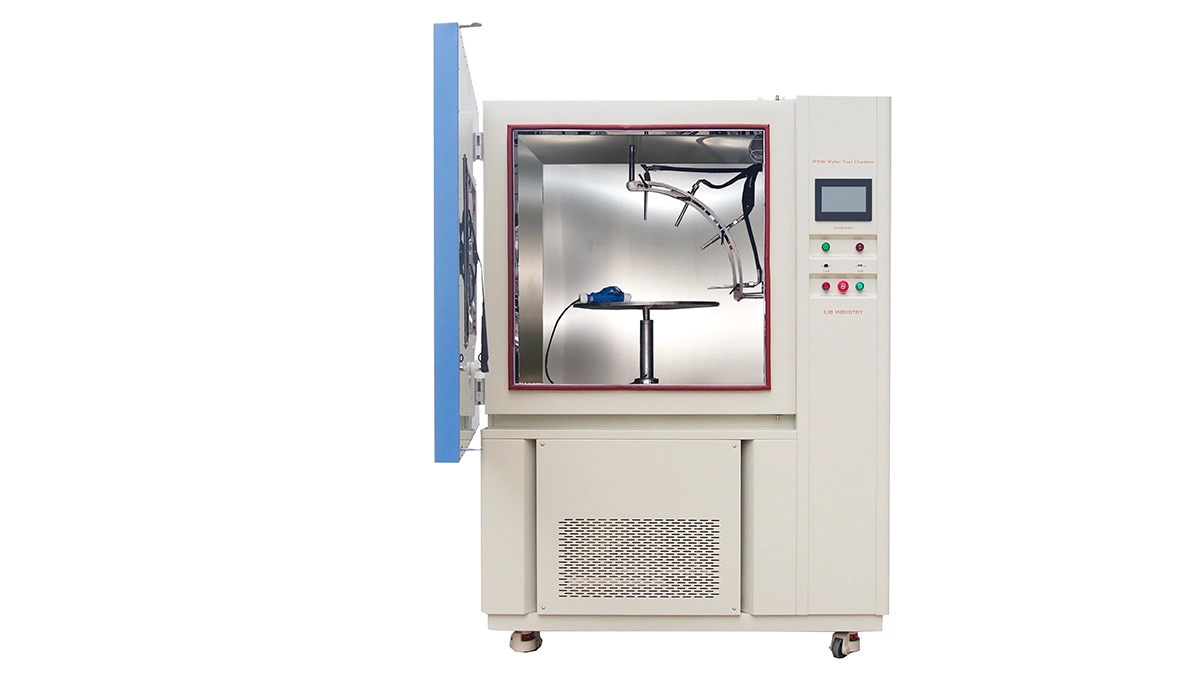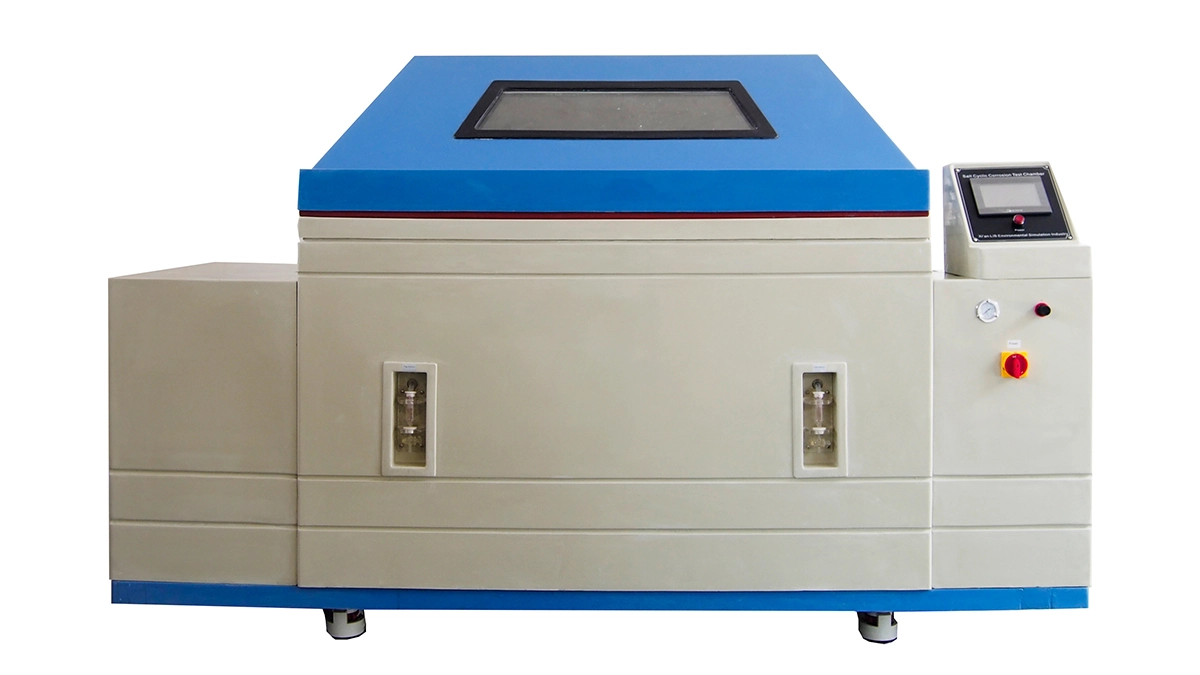
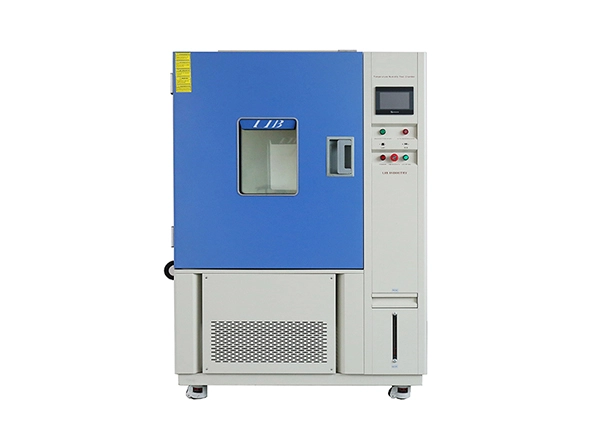
A Walk in Stability Chamber is a large-scale laboratory device used to simulate and maintain specific environmental conditions to test the stability and durability of products during long-term storage or transportation. Here is an overview of how a walk-in stability chamber operates:
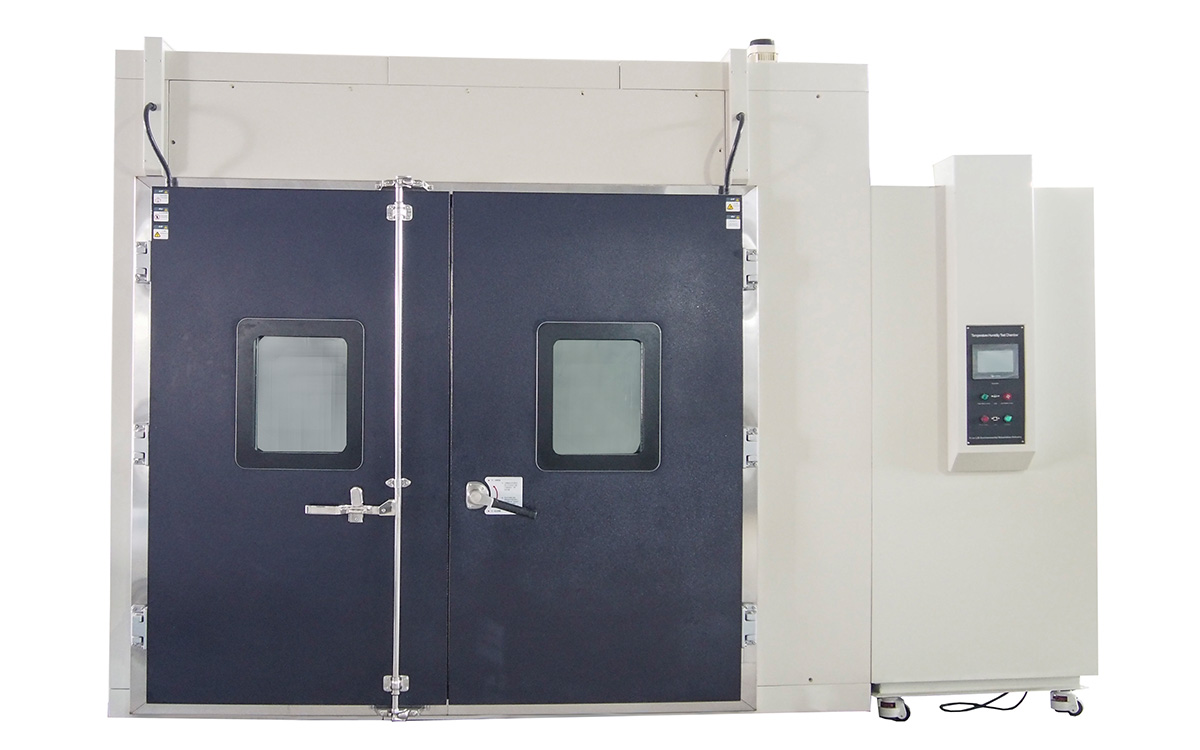
The chamber is equipped with heaters and cooling systems to control the internal temperature.
Heaters typically use electric heating elements, while cooling systems may use compressors or water-cooled systems.
These sensors monitor the internal temperature and compare it to the set value.
The temperature control system automatically adjusts the heating and cooling devices to maintain the set temperature range, which can be constant or follow a preset temperature cycle.
The chamber controls relative humidity using humidifiers and dehumidifiers.
Humidifiers typically use steam generators or wet film systems, while dehumidification may involve condensation through cooling systems or using desiccants.
These sensors monitor the relative humidity inside the chamber and compare it to the set value.
The humidity control system automatically adjusts the humidification and dehumidification devices to maintain the set humidity range.
These ensure even distribution of temperature and humidity throughout the chamber.
By circulating air, the chamber can simulate various airflow conditions that products might encounter in actual use or storage environments.
The chamber is typically equipped with a microcomputer control system to preset and adjust parameters like temperature, humidity, and air circulation.
The control system includes data logging capabilities to record and store historical environmental data for analysis and reporting.
Overtemperature and Overhumidity Protection: The chamber is designed with safety features such as overtemperature and overhumidity protection, and emergency shutdown functions to ensure safe operation and equipment protection.
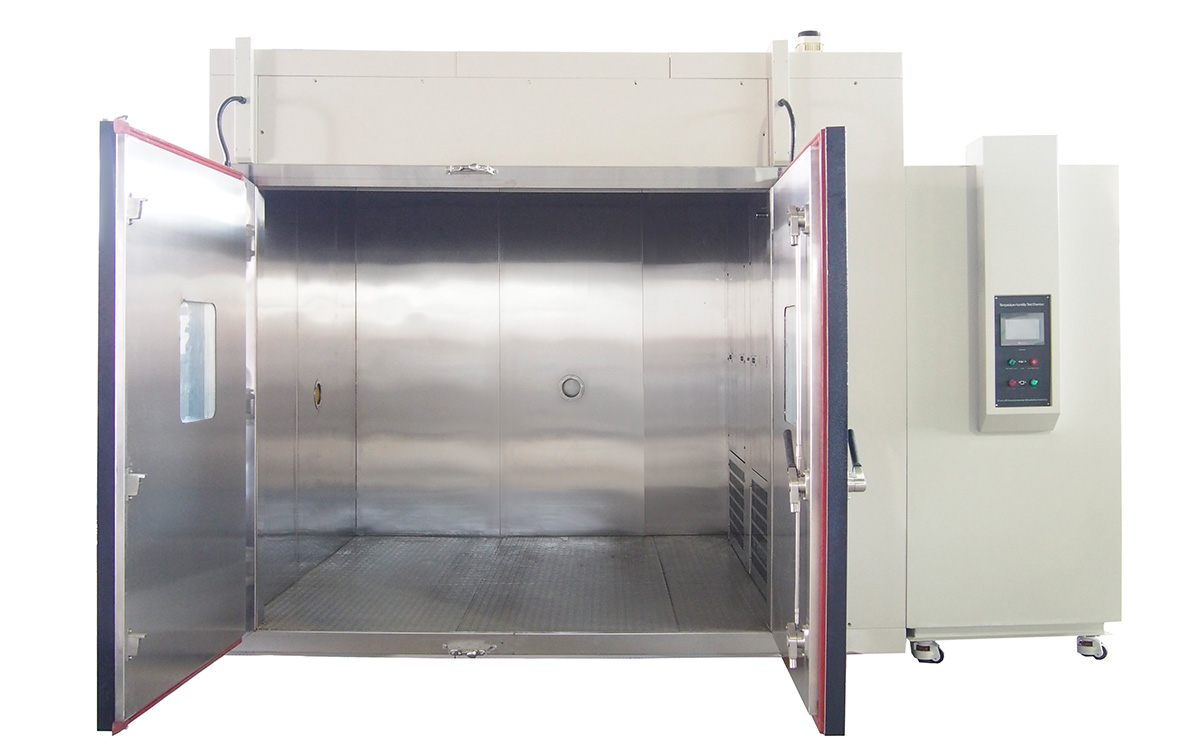
1、Users set the temperature and humidity parameters based on testing requirements.
2、The control system activates heating or cooling devices, as well as humidification or dehumidification devices, to achieve the set conditions.
3、Sensors continuously monitor the environmental conditions inside the chamber and feed the data back to the control system.
4、The control system adjusts heating, cooling, humidification, and dehumidification devices based on sensor data to maintain a stable testing environment.
5、Fans or air circulation systems ensure even distribution of conditions within the chamber.
 English
English русский
русский français
français العربية
العربية Deutsch
Deutsch Español
Español
